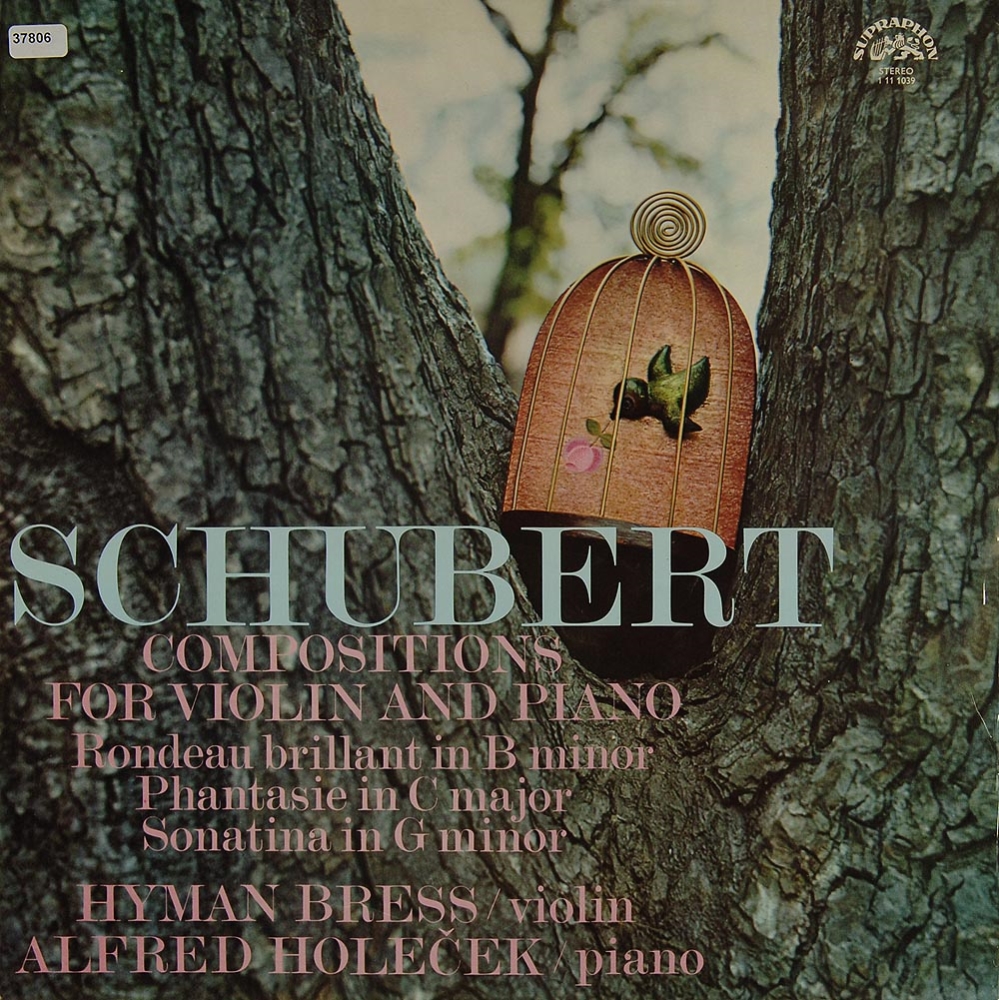


In 1816, Schubert received his first paid commission, for the cantata Prometheus. The same year, at age 17, Schubert conducted the first major public performance of his work, his Mass in F Major, composed in honor of the centennial celebration of a local parish church. Despite Schubert’s teaching duties, he managed to find the time to compose, which he did at a prodigious rate, creating music in a variety of genres, including songs, masses, string quartets, and compositions for solo piano. He began teaching at his father’s school in 1814 at age 17, but he also continued his association with Salieri, who trained him in theory and counterpoint.
#SCHUBERT COMPOSITIONS FREE#
Membership in the choir came with a free education at the academic secondary school associated with the University of Vienna.Īfter completing his basic education, the young Schubert trained to be schoolteacher like his father. Schubert passed the examination easily and, at age eleven, joined the choir. Salieri recommended that, as soon as the boy was old enough, he be entered into an examination for the imperial chapel choir. In 1807, his father took the ten-year-old Schubert for a consultation with Antonio Salieri, the Austrian imperial Kapellmeister (music director). His earliest surviving compositions - some song sketches and a fantasy for piano - date from 1810, when Schubert was 13. It is likely the young Schubert began composing as soon as he could read music. Schubert displayed a substantial musical talent early on, and his father made sure the boy received training in piano, violin, and voice. His father was an elementary schoolteacher of relatively modest means. Franz Peter Schubert was born in 1797 in a suburb of Vienna, six years after Mozart’s death and a generation after Beethoven’s birth.


 0 kommentar(er)
0 kommentar(er)
